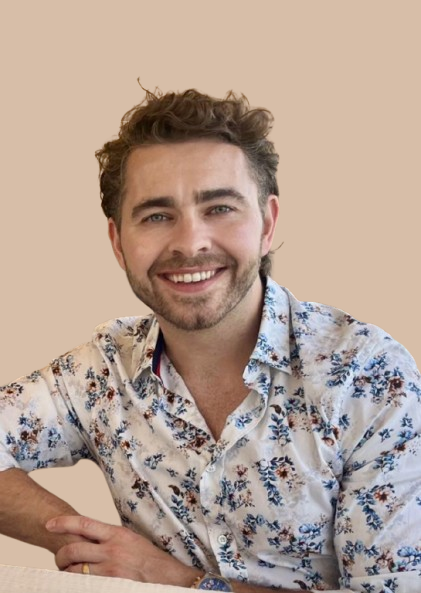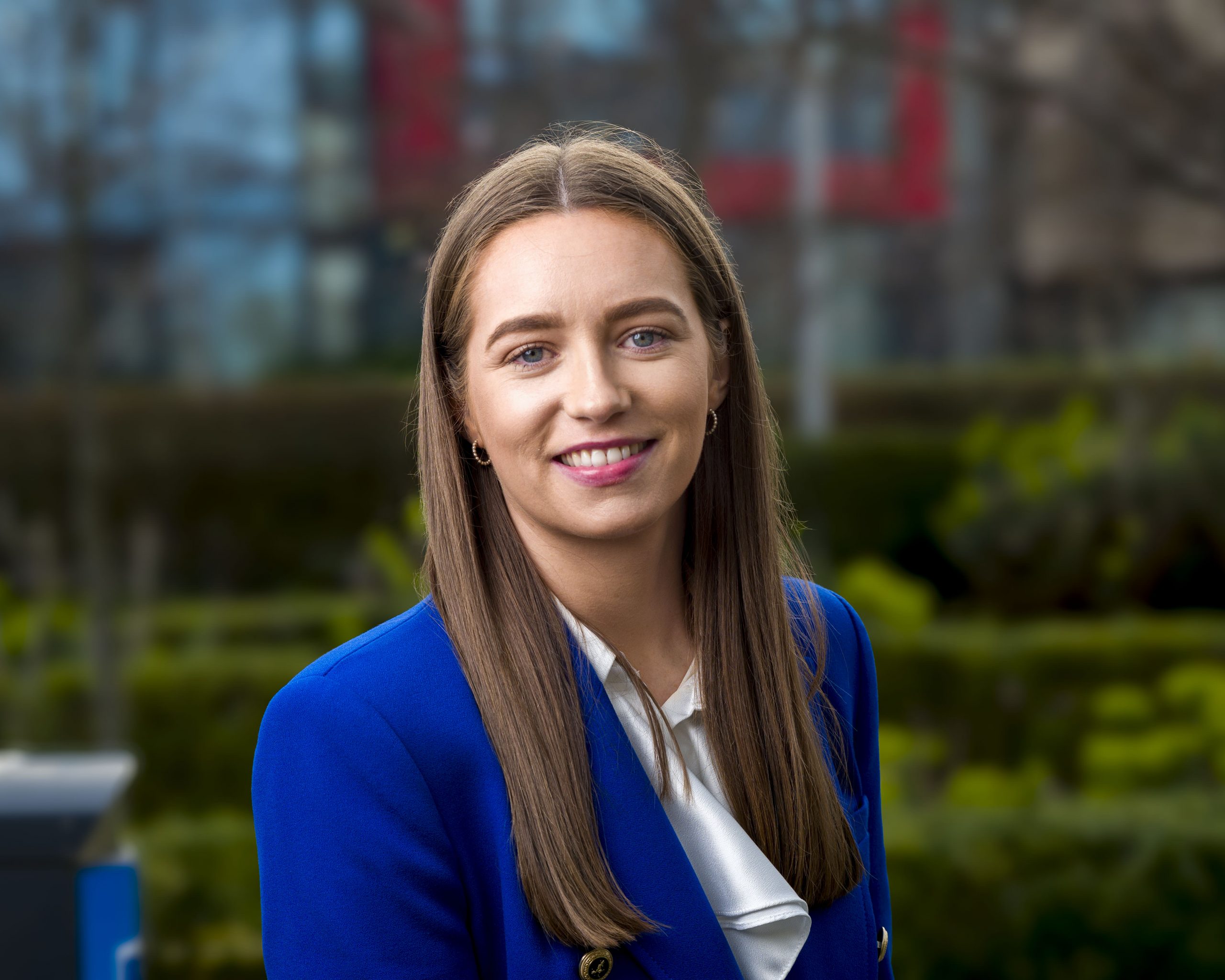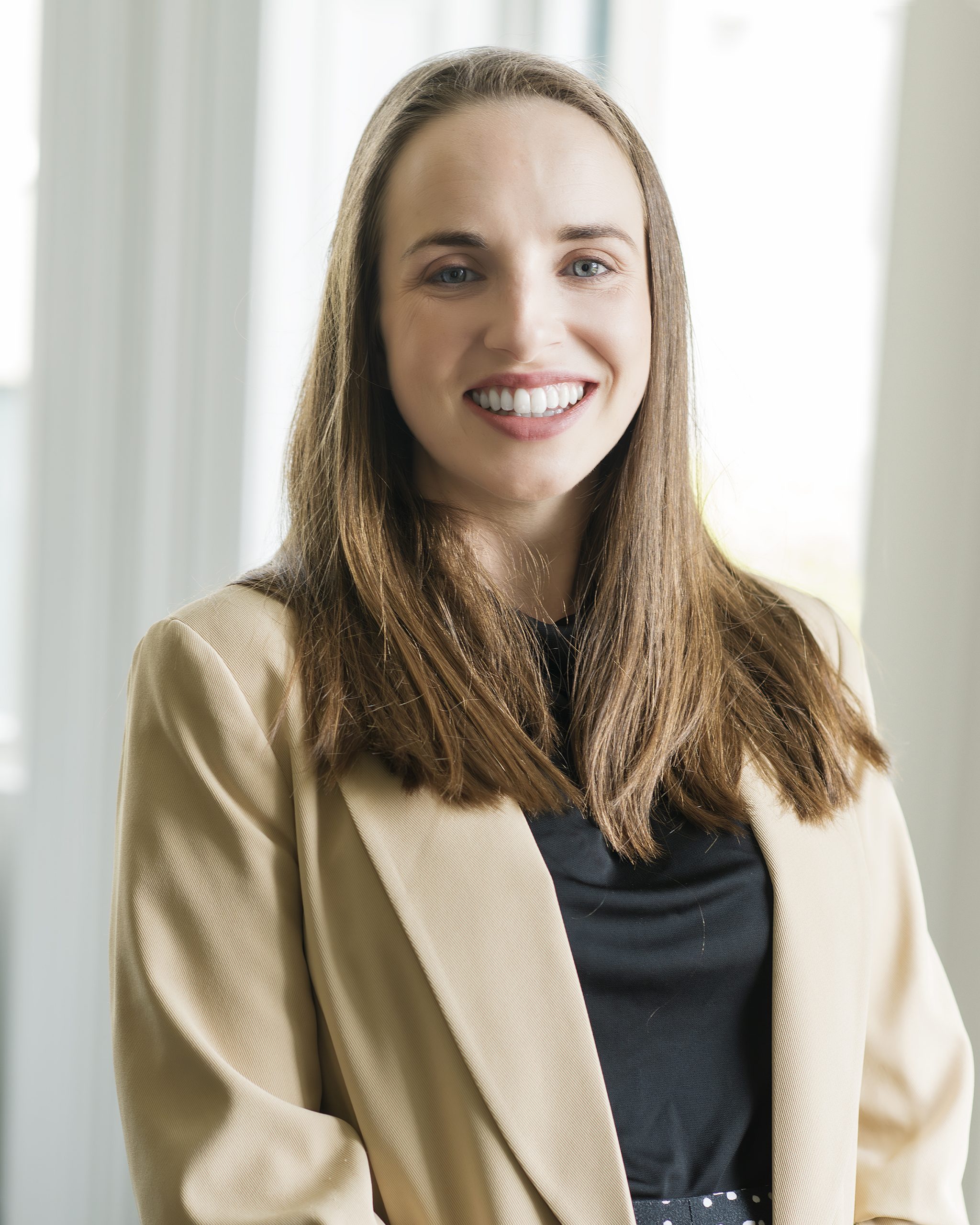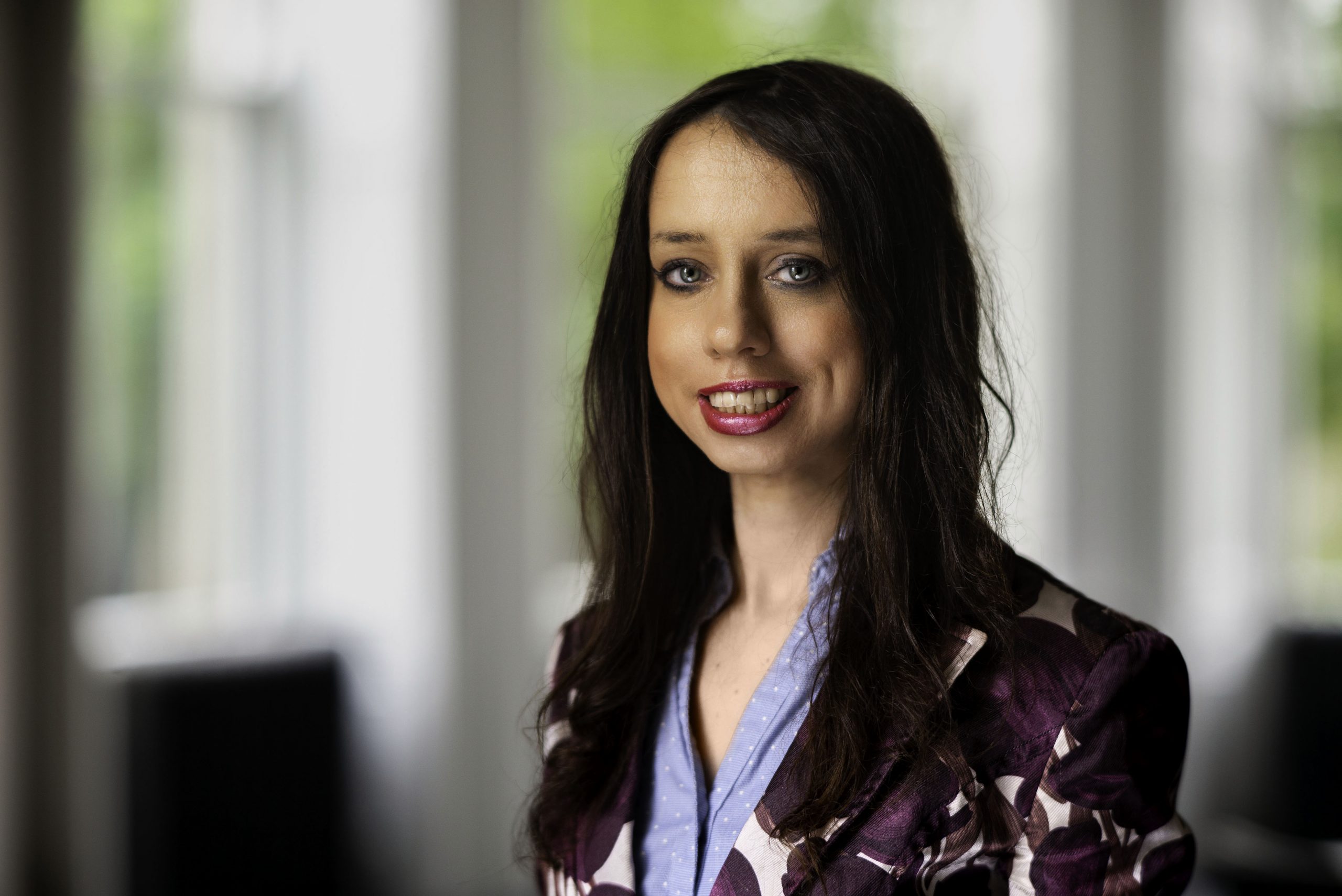Dr Rowan Kearns

Dr Rowan Kearns is a researcher and innovator whose work bridges nutrition science, gut microbiology, and applied health interventions. His PhD in Nutrition and Microbiology investigated the modulation of the microbiota–gut–brain axis in athletes, focusing on how probiotics and inflammation influence both gastrointestinal and systemic health.
His interest in gut health is grounded in over a decade of combined experience in clinical practice and research. With a background in probiotic manufacturing and clinical nutrition, Rowan has led the development of novel herbal-infused probiotics, secured competitive R&D funding, and designed educational programmes for both patients and professionals. His approach blends translational science with public engagement, aiming to improve quality of life through accessible, evidence-based interventions.
During his Newman Fellowship, Rowan will apply his research skills to the IPCOR (The Irish Prostate Cancer Outcomes Research) project and continue to analyse the IPCOR data to address research questions of importance to clinicians, prostate cancer patients and their families.
Rowan is supervised by Dr David Galvin and Professor Bill Watson and is based at the UCD Conway Institute. This Newman Fellowship is supported by Movember Foundation and Janssen Sciences Ireland.
Dr Mary Nwaezeigwe

Dr Mary Nwaezeigwe began her research project in July 2024, under the supervision of Professor Glen Doherty in UCD School of Medicine and St Vincent’s University Hospital.
The Janssen Newman Fellowship in Gastroenterology will focus on the observation of hypoxia and chronic inflammation such as that seen in ulcerative colitis and its role in the tumor micro-environment in colorectal cancer. The HIF pathway regulates the response to hypoxia. Recently published papers have demonstrated that part of the adaptive response to hypoxia involves the formation of glycolytic complexes to promote ATP production in oxygen starved tissues via glycolysis. The overall objective of this project is to translate this in vitro observation into a clinical setting by investigating the presence of glycolytic complexes in the healthy, inflamed and cancerous gut.
Dr Mary Nwaezeigwe is supervised by Professor Glen Doherty and is based in UCD School of Medicine and St Vincent’s University Hospital. Her Newman Fellowship is supported by Janssen and the Centre for Colorectal Disease.
Dr Saoirse Enright

Before beginning her Newman Fellowship, Dr Saoirse Enright completed a first class honours Bachelor of Laws and Master of Laws (General) at the Univeristy of Limerick. She also completed an Irish Research Council Funded PhD at the University of Limerick under the supervision of Dr Laura Cahillane. Her PhD research examined the contribution of Mr Justice Brian Walsh to Irish constitutional jurisprudence.
Dr Enright’s interdisciplinary mixed-methods Newman Fellowship research project will explore why ethnic minorities and socio-economically disadvantaged school pupils, college students and law graduates are less likely to become practising lawyers. It will contribute to current and new initiatives to improve access to law degrees and to the legal profession for ethnic minorities and socio-economically disadvantaged citizens. For example, it has the potential to inform actions to implement the National Access Plan 2022-2028.
Dr Saoirse Enright is supervised by Assistant Professor Dr Sara Benedí Lahuerta and is based in UCD Sutherland School of Law. Her Newman Fellowship is supported by Matheson.
Dr Anne Fennessy
 Dr Fennessy is a Gastroenterology Specialist Registrar with an interest in Inflammatory Bowel Disease.
Dr Fennessy is a Gastroenterology Specialist Registrar with an interest in Inflammatory Bowel Disease.
Over 35,000 Irish people are affected by the inflammatory bowel diseases (IBD). Fatigue, which can be defined as an overwhelming feeling of tiredness, exhaustion or lack of energy, is an important clinical problem in IBD, affecting nearly 50% of patients in clinical remission and over 80% of those with active disease. The resulting decrease in quality of life, impaired work productivity and functioning contribute markedly to the personal and societal costs of fatigue. Previous research on fatigue has been fractured, and no study has attempted to define a coherent treatment algorithm for patients with IBD suffering from fatigue. Our study aims to assess the severity and sources of fatigue in patients with IBD and test a range of treatments in clinical practice.
Dr Anne Fennessy is supervised by Professor Hugh Mulcahy and this Newman Fellowship is supported by Boston Scientific.
Dr Joanna Stefan

Dr Joanna Stefan received a PhD in medical sciences at the Jagiellonian University Medical College.
Dr Stefan’s Newman Fellowship project focuses on the Recessive Dystrophic Epidermolysis Bullosa (RDEB), an inherited and incurable skin disorder, where blistering/erosions can occur spontaneously or after minimal physical trauma. Chronic wounds are then complicated by infections, prolonged inflammation, and in some types, skin cancer. Currently management of RDEB is limited to control of pain and itch, minimization of infection and surgical management of complications. There is an urgent need to improve patient’s life opportunities.
Dr Joanna Stefan aims to investigate the molecular mechanism of the loss of skin integrity in the patients with Recessive Dystrophic EB, whose skin splits in the upper dermis, and tries to explore scalp hair follicles as a source of collagen VII-positive wound healing cells as a potential candidate for cell therapy of RDEB with resolution of inflammation and improvement of skin integrity.
Dr Joanna Stefan is supervised by Professor Desmond Tobin, UCD Charles Institute of Dermatology at the UCD School of Medicine and by Dr Fiona Browne, Children’s Health Ireland Hospital. Her Fellowship is supported by Sanofi.
